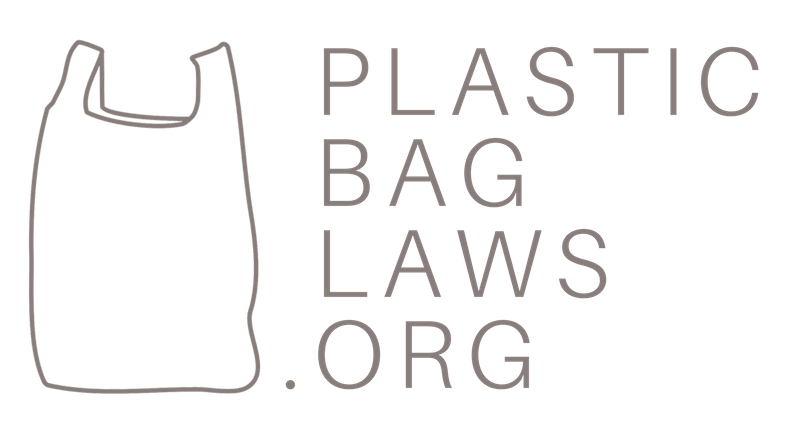Our Summer 2019 Newsletter
Happy summer! It’s been an incredibly productive year so far for PlasticBagLaws.org, and we wanted to take a step back and share what we’ve accomplished.
Our biggest announcements include New York State’s landmark plastic bag ban (with some major caveats), our collaboration with Surfrider Foundation on the Plastic Bag Activist Toolkit, and our collaboration with Scientist Action and Advocacy Network (ScAAN) on plastic bag law effectiveness research.
Subscribe to future newsletter updates here.
New York State Bans Plastic Bags: It’s Not a Model to Emulate
In April 2019, the New York State Bag Waste Reduction Act was adopted as part of the state budget, making New York the second state in the U.S. to adopt a statewide plastic bag law. However, New York’s law is not a model that other states should emulate.
Surfrider Foundation Announces Plastic Bag Law Activist Toolkit
Surfrider Foundation has helped pass an astounding 107 single-use plastic bag laws to date, but - with billions of single-use plastic bags still entering the waste and litter stream every year - there is more to be done. As part of Surfrider Foundation’s Rise Above Plastics program, Surfrider recently partnered with Jennie Romer, Esq. from PlasticBagLaws.org to create our new U.S. Plastic Bag Law Activist Toolkit. Over the past decade, plastic bag laws in the U.S. have developed nuances in response to effectiveness concerns, state constitutional issues, and lawsuits. In the toolkit, we summarize the collective wisdom gained from drafting and implementing plastic bag laws.
Why Bag Bans Work: A Summary of Plastic Bag Law Effectiveness
Are plastic bag laws effective? The good news is there are plastic bag laws being adopted throughout the U.S. with the intention of curbing the use of single-use plastic bags. However, how effective these laws are can vary.
That’s why PlasticBagLaws.org partnered with Scientist Action and Advocacy Network (ScAAN) to develop a comprehensive spreadsheet of plastic bag law effectiveness data. ScAAN’s members are doctoral students, PhD-holding research scientists, and professors who contribute their expertise to our partner organizations. ScAAN’s members volunteer pro bono to compile brief, targeted literature reviews, analyzing pre-existing data on plastic bag regulation around the globe and the United States.
Updated Fact Sheets and Maps
PBL regularly updates our fact sheet and bag maps when states add new laws and best practices are refined. Our preemption map further follows efforts to stall plastic bag regulation at the state level.
These maps were developed by Korin Tangtrukul for PlasticBagLaws.org. Our maps are updated on a quarterly basis, so please keep this in mind and look out for updates.
Recommended Reading
Experts Predict Surge in Paper Bag Use
In this article by David M. Schwartz, Jennie Romer interviews for Newsday on preemption issues facing New York State and New York State counties. Counties that include a 5-cent fee on their plastic bag legislation are at risk of being superseded by the New York State bag ban bill, which provides an opt-in opt-out policy that contradicts PBL’s recommended practice.
Inside the Long War To Protect Plastic
The Center for Public Integrity also published extensive research on Suffolk County, plastic bag law, and environmental concerns with Jennie Romer’s feedback. Partnering with PRI’s The World, Tik Root writes on industry tactics that compromise plastic reduction, stretching from the 1970s on. Despite these tactics and late blooming environmentalist concerns, Root also shows how attitudes around plastic are changing for the better.
A Message From Jennie Romer
PlasticBagLaws.org isn’t a nonprofit organization, it’s an informational website founded by me, Jennie Romer, Esq., in 2010.





